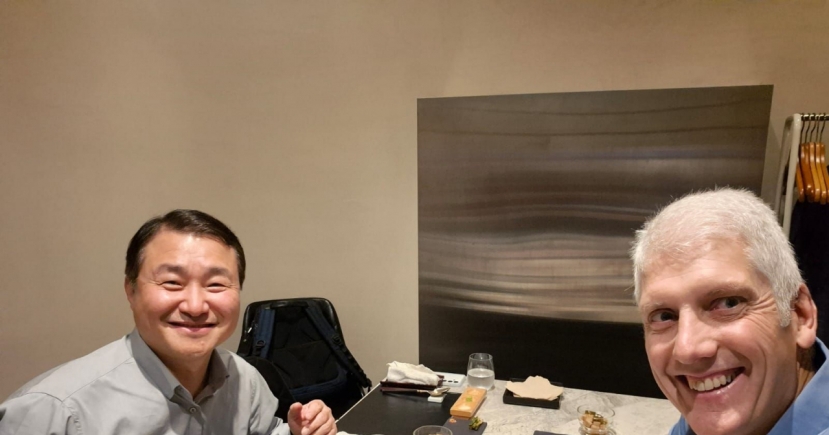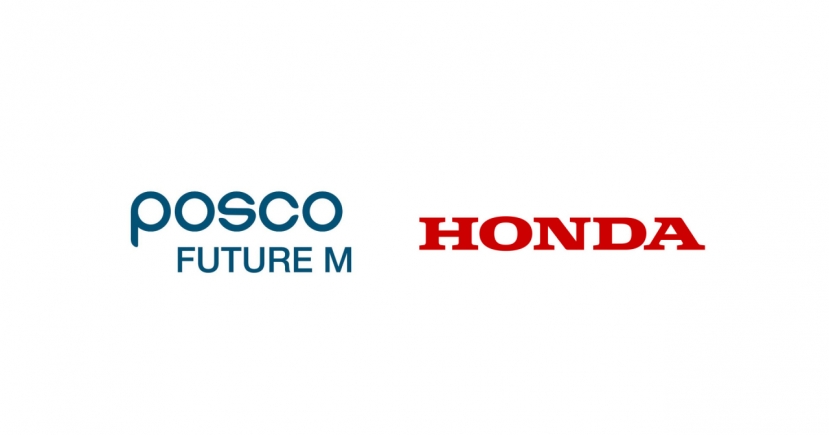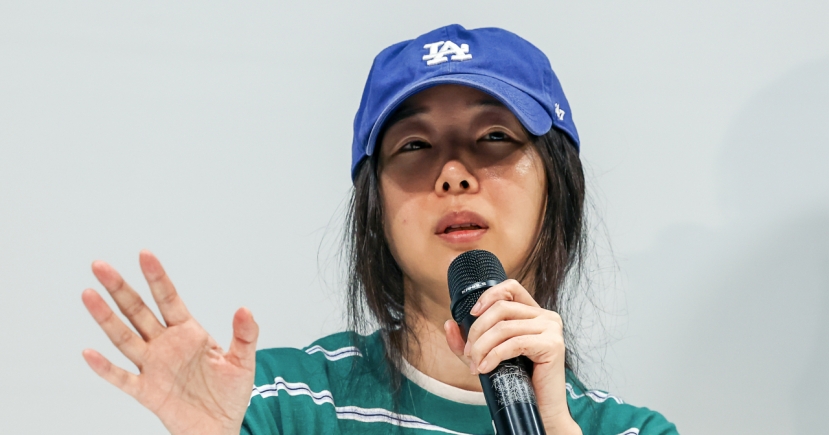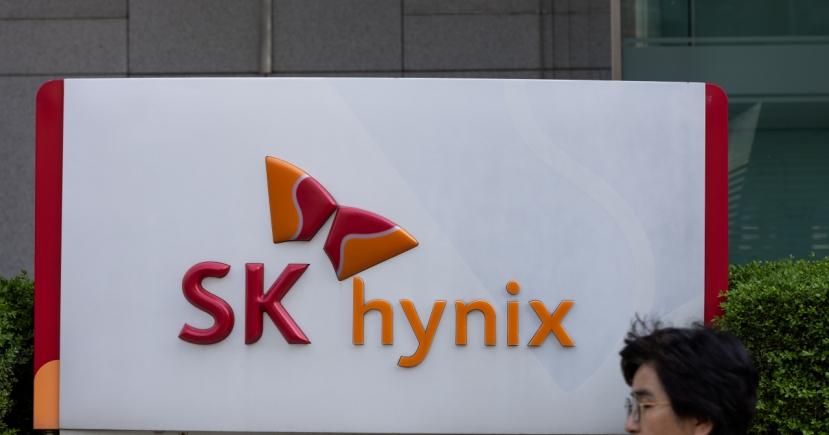Industrials
[INTERVIEW] ‘Buying off patent trolls is no solution’
[THE INVESTOR] When faced with a legal provocation by a non-practicing entity, dubbed “patent troll,” companies tend to be tempted by what seems to be the easiest way out -- paying an out-of-court settlement in cash -- but such evasive measures would only create a vicious circle, according to a top official of a US-based NPE patrol.
“Conforming to these NPEs’ demands for money will only further incentivize their behavior,” Shawn Ambwani, COO and co-founder of Unified Patents, told The Korea Herald in an interview.
“Once an NPE sees that a suing gesture garners cash, it is sure to come back for more. This is also likely to encourage other players to follow out a similar course of action.”
Unified Patents, founded in 2012, is member-based deterrence entity seeking to reduce the number of NPE assertions in the technology field.
Under the slogan “challenge bad patents, never pay, improve patent quality,” the defense-oriented patent company refers to itself as an “anti-troll” in the market.
The company’s most recent accomplishment was a winning petition against Sportbrain Holdings which had filed over 100 lawsuits over extensive claims to Internet-connected wearable devices.
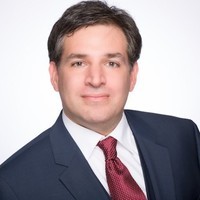 |
Shawn Ambwani, COO and co-founder of Unified Patents |
Earlier this month, the US Patent Trial and Appeal Board issued a final decision to invalidate all of Sportbrain’s claims concerning US patent 7,454,002 -- titled “integrating personal data capturing functionality into a portable computing device and wireless communication device.”
The decision saved some 80 companies in the fitness and mobile wearable sectors -- including Apple, Samsung, LG, Microsoft, Garmin, and Fitbit.
The individual amounts claimed were relatively small but it was the NPE patrol’s decision last year to move straight on to legal action, filing a petition for inter partes review against the disputed patent, as part of its campaign to challenge the notorious patent trolls in the market -- Sportbrain, Shipping and Transit, and Uniloc.
An IPR is a procedure conducted by the PTAB for challenging the validity of a US patent before the US Patent and Trademark Office.
“Even after the case was instituted (at the Patent Office), Sportbrain continued to file lawsuit after lawsuit, which showed that they were just after whatever they could get,” Ambwani said.
Such a suing spree is precisely a “bad behavior” which Unified is resolved to eradicate, he explained.
“We’re are not saying that companies that hold valid patents do not deserve to exploit their rights, but it is our belief that legal practices should be based on good patents and those that abuse bad quality patents in bad faith should be deterred,” he said.
Another typical example of malicious NPE is Uniloc, a US-based company known for its frequent lawsuits against tech giants. Last year, it filed 14 suits against South Korean companies, including LG Electronics, challenging a core patent in the conglomerate’s smart home platform system.
“Uniloc is tricky to deal with, as it skillfully splits up its portfolio into different campaigns, challenging different patents against different companies,” Ambwani said.
"Their tactic is to prevent defendant companies to unite in a joint action and thus to make the fight harder."
It is especially the small-sized firms with limited resources that are likely to suffer the most from these NPE-initiated patent wars, the official added.
“The extensive costs and intricate procedures may discourage small businesses from investing into research and development, or even from hiring, which will eventually hurt innovation in the technology sector,” he said.
Despite the challenges posed by expanding NPE activities, Unified makes it a stern rule never to settle for money.
“(Non-trial) settlements account for over 50 percent of our cases, but they usually involve agreements such as to never file any challenges afterwards,“ the COO said.
”Also, as we act independently from our members, we are never put into a conflicting position of negotiating a licensing deal between NPEs and defendants.“
The ”never pay“ principle is also what marks Unified from rivals such as Rational Patent Exchange and Allied Security Trust, he added.
“(RPX and AST‘s) business model seeks to minimize risks and costs, so they would at times purchase patents and pay for licenses, without necessarily evaluating whether the involved patent is good or not,” he said.
“But Unified is unique in that its core goal is to fundamentally deter NPE activity, which is why it would never pay.”
The anti-troll company currently has a number of South Korea‘s leading tech companies in its membership, Ambwani added, though he refrained from specifying names.
“Our members may or may not choose to make public of their Unified membership,” he said.
“For those that do, the notice may act as a warning against NPEs, letting them know that there is a patrol behind them that would never settle for money.”
By Bae Hyun-jung/The Korea Herald (tellme@heraldcorp.com)



